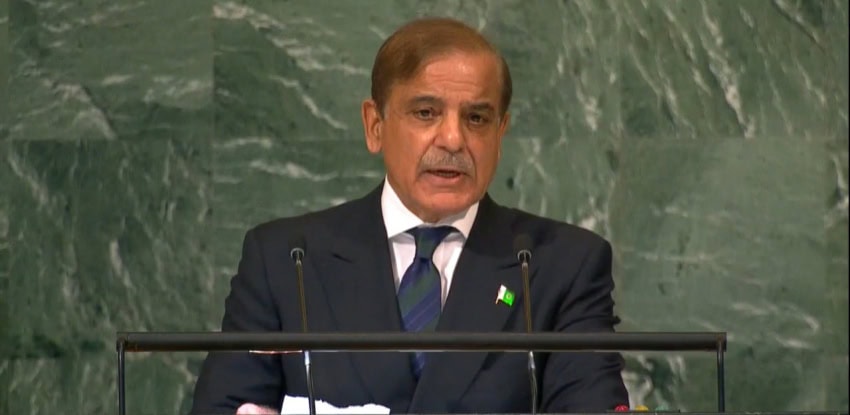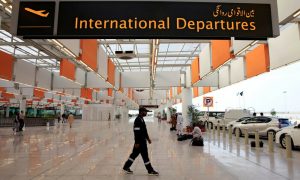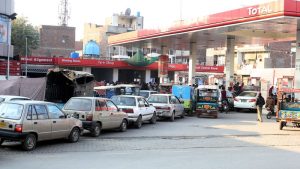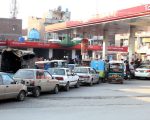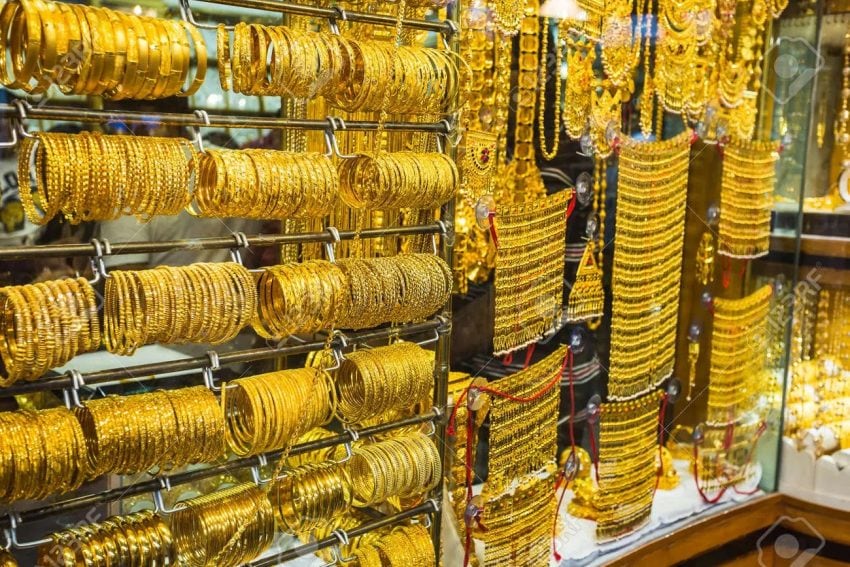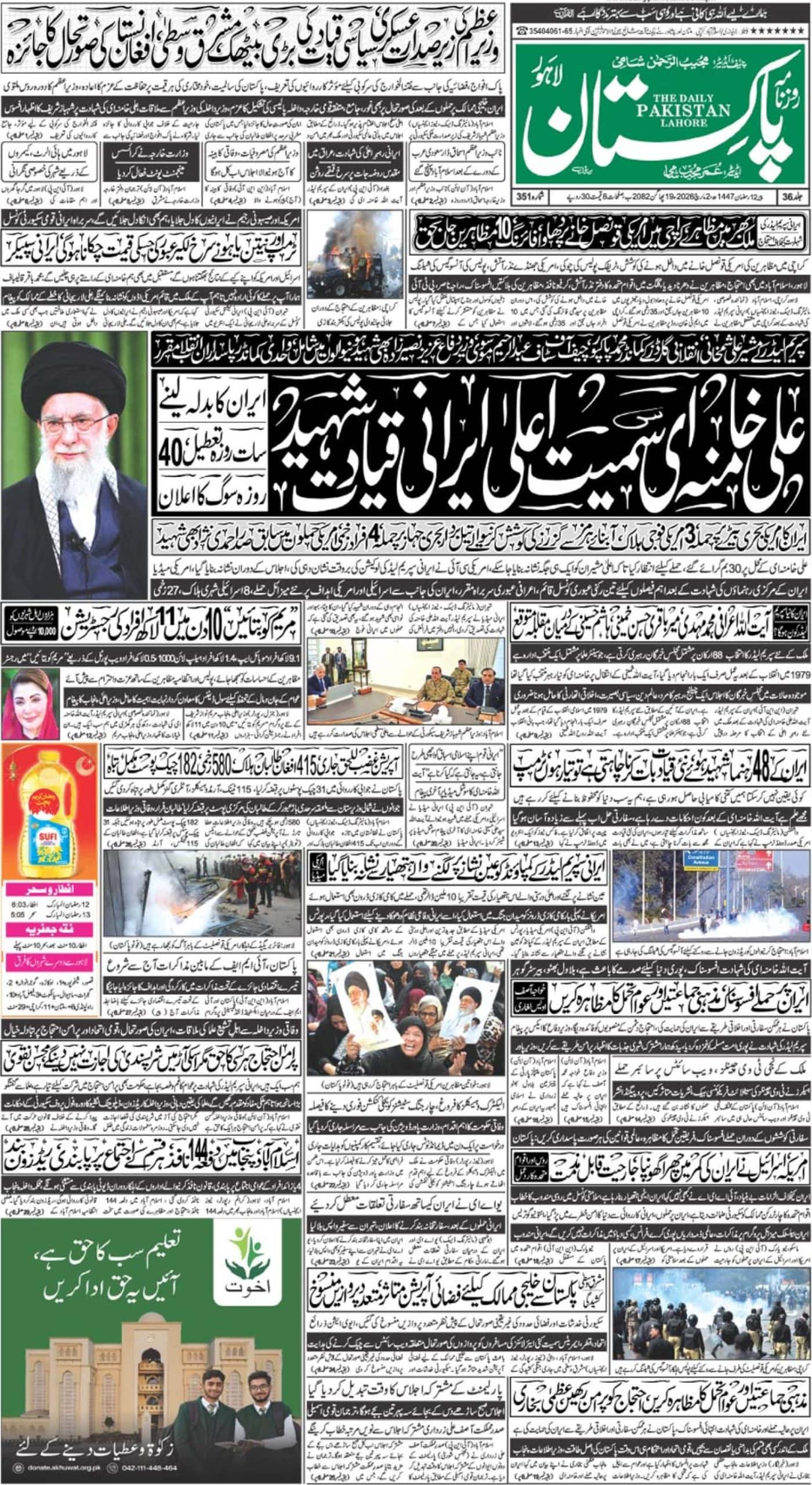NEW YORK – Prime Minister Shehbaz Sharif has said that Pakistan wants peace with all its neighbours, including India.
Speaking at the 77th United Nations General Assembly (UNGA) in New York on Friday, Sharif said that Pakistan wanted “long-term” peace with India and that was possible only after a “just and lasting” resolution of the Indian Illegally Occupied Jammu and Kashmir (IIOJK) dispute.
“India must take credible steps to create enabling environment for constructive engagement,” said the PM, adding that it should “demonstrate its sincerity and willingness to walk the path of peace and dialogue by reversing its illegal steps of 15 August 2019 and ending forthwith the process of demographic change.”
The Pakistani prime minister said that Kashmiris were facing extrajudicial killings, incarceration, custodial torture and death at the hands of the Indian forces. He said India was seeking to turn Kashmir, a Muslim-majority region, into a Hindu-majority territory.
Expressing the hope that the UN and Secretary-General António Guterres would play their role in having India implement the UN resolutions on the Kashmir dispute, Sharif said Pakistan would stand by Kashmiris “until their right to self-determination is fully realised in accordance with the relevant UN Security Council resolutions”.
قُلْ يَا عِبَادِىَ الَّـذِيْنَ اَسْرَفُوْا عَلٰٓى اَنْفُسِهِـمْ لَا تَقْنَطُوْا مِنْ رَّحْـمَةِ اللّـٰهِ ۚ اِنَّ اللّـٰهَ يَغْفِرُ الذُّنُـوْبَ جَـمِيْعًا ۚ
کہہ دو اے میرے بندو جنہوں نے اپنی جانوں پر ظلم کیا ہے اللہ کی رحمت سے مایوس نہ ہو، بے شک اللہ سب گناہ بخش دے گا pic.twitter.com/reUAWhkCm7— PMLN (@pmln_org) September 23, 2022
Climate Catastrophe In Pakistan
In the very beginning of his address, Sharif talked about the climate catastrophe that left one third of the country under water.
The rain-induced floods have affected 33 million people, including women and children — who are at high risk of health hazards. He said that roads, bridges, and homes have been affected, while four million acres of crops have been washed away and more than a million animals have been killed.
Talking about climate change in Pakistan, PM said that the country has not played any part to trigger this calamity as Pakistan emits less than 1% of greenhouse gases but falls in the 10 most climate-vulnerable list of countries.
“Our glaciers are melting fast, our forests are burning, and our heat waves have crossed 53 degrees, making us the hottest place on the planet,” he highlighted, saying that what happened in Pakistan will not stay in Pakistan.
During his address, the Pakistani PM thanked the UN chief and the countries for helping and assisting Pakistan during the ongoing crisis.
Talking about the relief measures, the premier said that the Pakistani government mobilised all available resources. “Why are my people paying the price of such high global warming through no fault of their own?” he questioned.
PM Shehbaz further said that the country’s urgent priority was to ensure rapid economic growth and lift millions out of destitution and hunger. “To enable any such policy momentum, Pakistan needs a stable external environment,” he added.
Earlier, Bill Gates, co-chair of the Bill and Melinda Gates Foundation, met Prime Minister Shehbaz Sharif in New York and reiterated the Foundation’s continuous support and partnership with Pakistan during this challenging time.
Bill Gates expressed his concern for the people of Pakistan following the floods. He affirmed that the Gates Foundation would continue its current support including the disaster relief efforts in flood-affected areas of Balochistan and Sindh.
The Prime Minister and Bill Gates discussed the impact of the floods on immunization and maternal health services, and polio eradication in particular.

